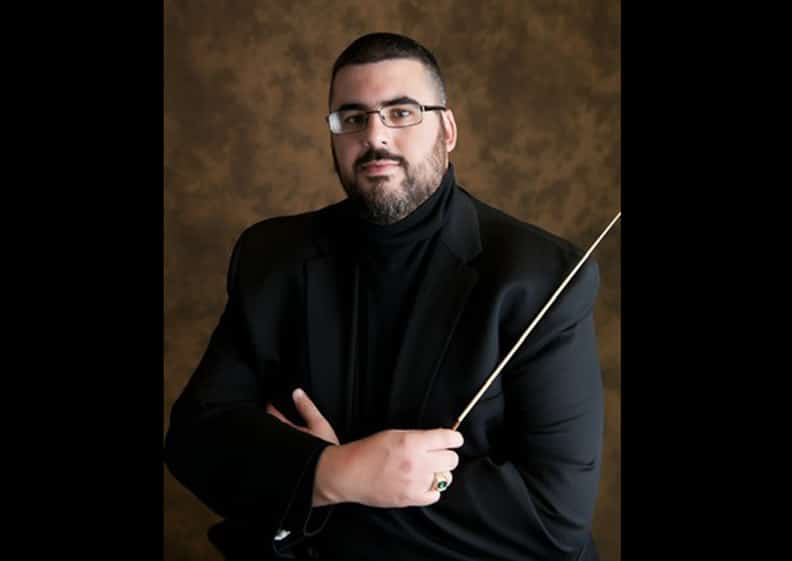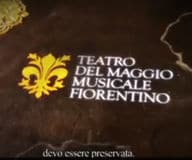A friend's tribute to a much-lamented piano legend
mainLaurence Dale, director of the Evian Festival, orchestral conductor and a former tenor, has written at our request a short appreciation of Alexis Weissenberg, who died today, aged 82. Laurence sang with Alexis on several occasions and formed a deep friendship. Alexis was a private man, rarely seen or heard in public media. Laurence’s memoir presents him as he was, and as he will be remembered.
Listening to a recording of Alexis Weissenberg, one discovers nearly everything of the man, even though he was a very private man. Few articles and stories about him are out there in the media. But, risking a cliché, the man was his music.
His life was as rich as any film script…. being of Jewish origins in Bulgaria in the 1940’s evokes already some of the aspects one can imagine.
His experiences of the inhumane made him all the more, an extraordinary human being.
Celebrissime pianist, but also composer, before being confronted by destabilising illnesses, he dominated the musical work as one of the greatest pianists of all time and collaborator with the greatest musicians of his time. His phenomenal technique and precision of articulation were characteristic of the man in private. His every gesture was precise; how he sat, how he indicated something which attracted his attention, the manner in which he looked at a painting, how he articulated those thoughts …He reflected on everything… with profound perception but always with a pertinent humour.
To understand the human being, watch the end of the video of his performance of the Rach 2 with Karajan. Alexis plays with expansive, huge broad phrases with amazing detail of articulation and rubati which seem almost impossible, but always in total concord and harmony with his partners. The impeccable trill, the subtle nuances of colour as his turns another phrase in a surprising direction…
Karajan never looks at his musicians, whilst conducting with intensely muscular gestures. With the final chords, Karajan turns to his soloist and dear friend, smiling as broadly as Alexis’ phrases. His expression conveys the pleasure of the unity in interpretation of two monolithic musicians.
If Alexis smiles with a sense of satisfaction there is also a hint of self-mockery… he recognizes his achievement but at the same time remembers his origins, his experiences and the fragility of humanity. A fragility which was to overcome him at a far too early age.
Only today have I been reminded that Alexis’ last public appearance was accompanying me in a rendition of Schubert’s An die Musik at the Salle Gaveau in 2001. It was a moment of lucidity, an inevitable farewell to the scene, a benefit concert for an Autism association that he wanted to help in his typically generous way. The rehearsal time was wonderful, rich in minute observation. The performance somewhat chaotic. However, it had a force ; emotional, restrained, elegant, profound and unequivocal, as was Alexis.






When I was little, and learning piano, I read a quote from Alexis Weissenberg. “We don’t play the piano with our fingers; we play the piano with our ears.” I can’t tell you how strongly that influenced me.
I was fortunate to work with Alexis Weissenberg when, in January 2001, I produced the first studio recordings of his solo piano compositions. The pianist was Simon Mulligan – a close associate of Alexis – and the album was released on the Nimbus label featuring, among other works, the 1982 Sonate en état de Jazz (dedicated to Cyprien Katsaris) and an unpublished Debussy-like etude Le regret written in 1962 for his friend and EMI producer, Michel Glotz.
Weissenberg attended the sessions over three days and left a lasting impression. He was a deeply cultured man with a fund of stories drawn from an extraordinary life. I wish we’d had a microphone on those conversations. He could also be brilliantly funny. Thankfully the intelligence of his musicianship, the impregnable and impeccable pianism and the acute sensitivity of his hearing are abundantly represented in a select discography, principally on the EMI and DG labels. The classic and stylish film of him playing Petrushka is essential viewing – it was this that caught the eye of von Karajan – and look out for the late DG Debussy recital, the Ravel Concerto with Ozawa on EMI and the set of Chopin’s complete works for piano & orchestra: the opening of the little-known Krakowiak takes the breath away.
Thankyou, I very much enjoyed reading Laurence Dale’s tribute to this great musician. It was also saddening to learn that he had been unwell with parkinsons since the early 1980’s.
EMI’s tag for the 10-CD set which gathers together alot of Weissenberg’s recordings is most curious-‘The champagne pianist’
Not sure about this. I’ve been listening to Weissenberg’s torrential performance of Schumann’s Davidsbündlertänze-it’s so fierce,brutal and yet utterly compelling. Weissenberg seems particularly well attuned to this piece.
Of interest to this site might be the interview with Eli Wiesel who queried how Weissenberg could possibly work with a Nazi like Herbert Von Karajan. His response was quite simply that HvK was far from being a Nazi and that he’d be unable to work with someone who he didn’t personally respect.